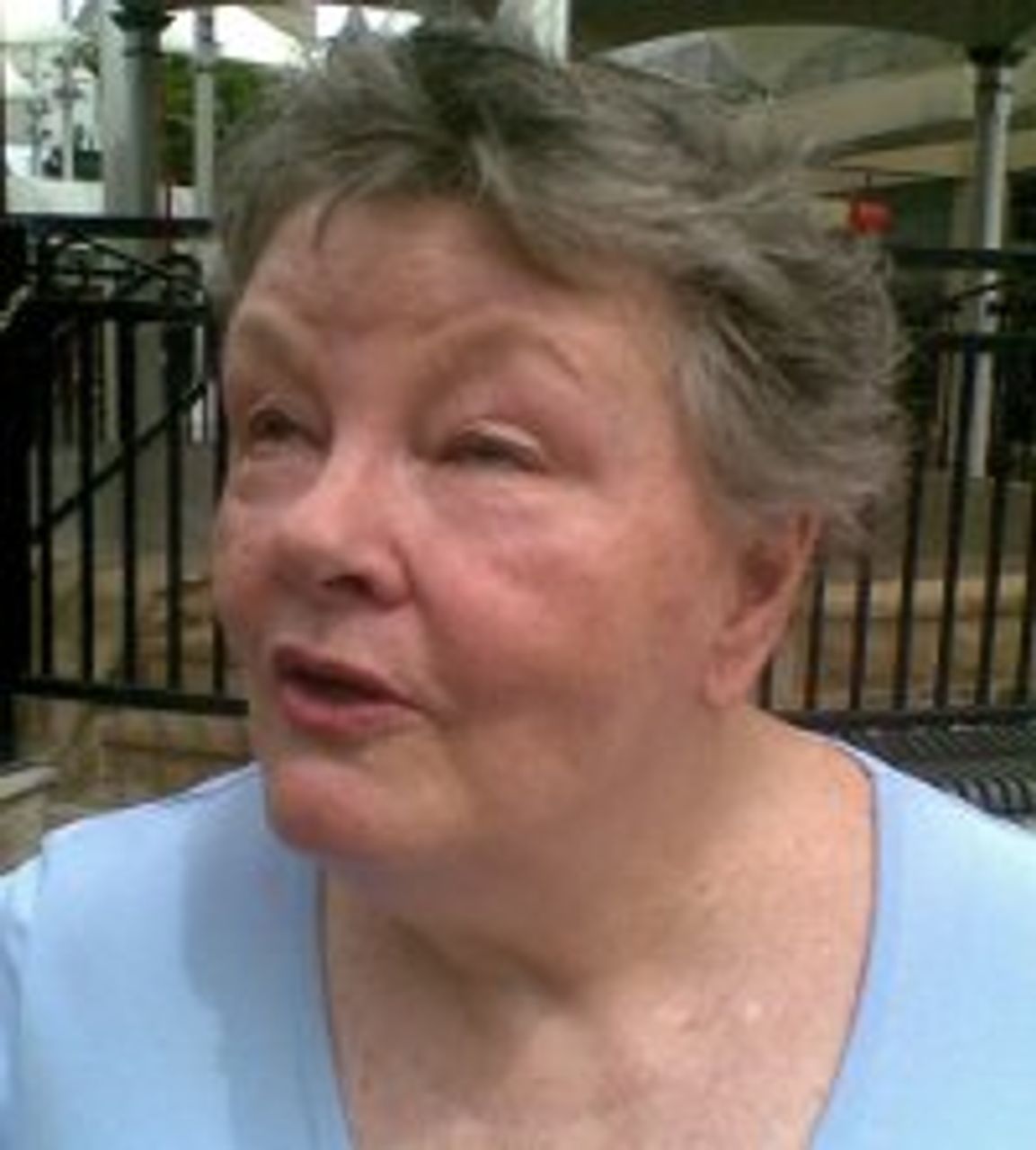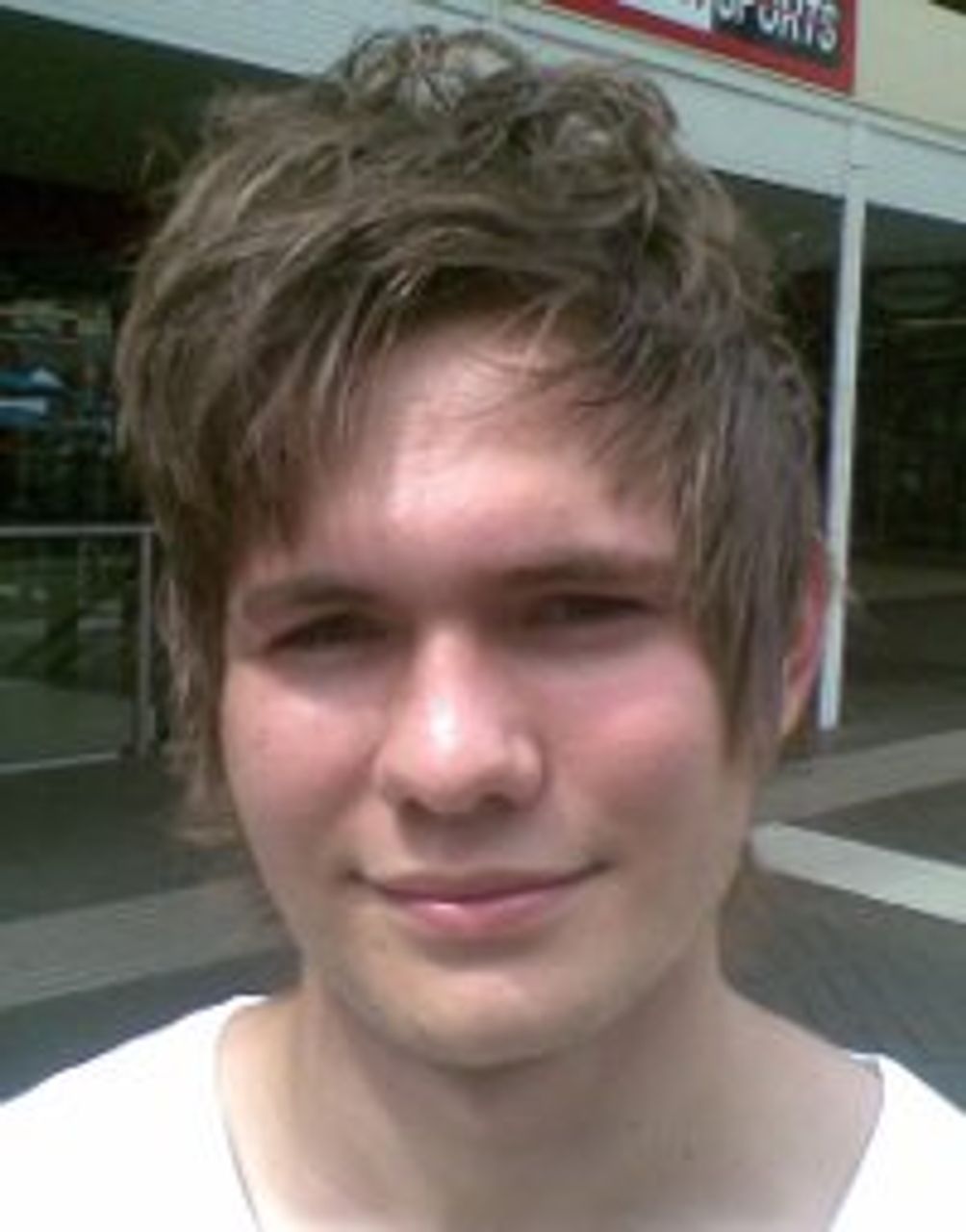According to a media poll published last Sunday, the Labor government in the state of Queensland is heading for one of the heaviest defeats in the Australian Labor Party’s history in this Saturday’s state election. A Courier-Mail Galaxy poll indicates that the ALP will win as few as 12 seats in the 89-seat parliament, obtaining just 30 percent of the vote.
After two decades of almost continuous rule, there is disgust over the outcome of Labor’s pro-business program: decaying hospitals, schools and transport systems, and a $15 billion sell off of state assets that was announced just three months after the last election in 2009, destroying thousands of jobs in the process.
A World Socialist Web Site team spoke to voters last Saturday in Ipswich, a major working class centre on the western edge of the state capital, Brisbane. Ipswich was once regarded as an ALP stronghold. Buildings still bear the name of Bill Hayden, the former federal Labor leader who held the then Ipswich-based seat of Oxley from 1961 to 1988, when he was appointed governor-general by the Hawke government.
While there was widespread hostility toward Premier Anna Bligh’s state government, the sentiment ran deeper than that. There was also acute disaffection with the federal Labor government, whose pro-market program Bligh has been implementing for the past four years. At the same time, there was little positive support for the Liberal National Party (LNP) state opposition led by Campbell Newman. Instead, there was a sense of bitter resentment toward big business and the political establishment as a whole.
Nearly everyone expressed disgust with the election campaign, which has featured saturation media advertisements by the ALP and the LNP simply denouncing each other. Labor has spent the entire campaign accusing Newman of personal corruption, while the LNP has indicted the ALP for the loss of the state’s AAA credit rating, blaming it for not sufficiently slashing spending.
The ads have served to highlight the lack of any real differences between the two parties. Both have pledged to restore the state budget to surplus by 2014-15, from an expected deficit of some $4 billion for the current financial year. As soon as the election is out of the way, whichever side forms government after Saturday will unveil further deep cuts to social spending to satisfy the financial markets.
 Shawn Berg
Shawn BergShawn Berg, a labourer, commented: “I hate the word surplus. The health system is stuffed, and the education system is stuffed, but they only want to talk about a surplus. The money should be spent to fix these things. It burns me up. And none of their election promises are based on facts. All they’re doing is mud-slinging each other. They don’t say what their policies are ... The whole thing just gets up my nose.”
Berg pointed to the gulf between the political elite and the conditions of life of ordinary workers. “They keep saying the average wage is $60,000. Where do they get that from? I earn $35,000, before tax.” He said a person conducting a government-financed survey had once questioned that his wage could be that low for a full-time job. “The woman must have been in such a well-paid position that she couldn’t believe it.”
Shane Goruy, an unemployed former boat builder, said “both parties are just as corrupt as each other and only operate for big business and not the little guys like me.” Goruy explained that because he had been unable to work in Ipswich for months, he was being forced to uproot his life and move to Mackay, 1,000 kilometres north, to seek work in the mining industry.
 Janet Drysdale
Janet DrysdaleJanet Drysdale, a retired nurse, denounced Bligh’s sell off of state assets, including railways and motorways. Drysdale said she was “sick and tired of the Labor Party privatising everything”.
The former nurse condemned Labor’s running down of the hospital system and the over-worked and under-paid situation of nurses. “It is criminal. You can’t expect nurses to go in and care for patients when they are so poorly treated. I used to have to look after 10 post-op patients at night.” Drysdale, who previously worked in Victoria, had been closely following the protracted campaign of stoppages by nurses in that state, fighting to prevent the dismantling of nurse-patient ratios. “The Victorian nurses are really the only ones to rise up against the establishment,” she declared, before expressing scepticism in the agreement that had just been struck between the nurses’ trade union and the Victorian government.
Drysdale said she would refuse to vote in the election. “I hate them all,” she said. “I would certainly join a socialist party.” Drysdale poured scorn on LNP leader Campbell Newman’s “can-do man” image. “What a sham! What different is he going to do? … The banks and corporate elite run the country, and worldwide. When the ‘can-do man’ arrived as Brisbane lord mayor, Rupert Murdoch dropped in for a chat!”
As Drysdale’s remarks illustrated, there was an emerging awareness of the over-shadowing character of the global economic breakdown that first erupted in 2008, and the rapacious drive by the financial elite against living standards everywhere. A number of people commented on the scenes of protest in Greece and other European countries.
 Nicholas Davison
Nicholas DavisonNicholas Davison, 17, a first-year university student and part-time bartender, agreed that the banks and financial markets were dictating the austerity programs of governments internationally, and that Australia was no exception. Responding to the discussion, he put it most bluntly. “After Greece and Italy, Australia’s next!” he said. “The banks have so much power. They hold all the cards.”
The initial weeks of the Queensland election campaign had coincided with Prime Minister Julia Gillard’s defeat of a leadership challenge by her ousted predecessor, Kevin Rudd. As a result there was considerable discussion about Gillard and the backroom coup that had installed her in June 2010. In fact, it was impossible to canvass opinions about Bligh’s government without people quickly voicing their hostility toward Gillard as well.
Berg, for example, declared: “That Gillard, she shouldn’t even be there, the way she got rid of [Kevin] Rudd.” He had been further taken aback by the rejection of Rudd’s bid to regain his post. “I thought Rudd would get back in based on people power. All the polls showed that people wanted him, but the MPs supported the one that no-one wanted.”
Drysdale summed up the prevailing sentiment: “People definitely don’t like Gillard. They just don’t appreciate her at all.” Drysdale added that she had been following closely the role of the US embassy in Gillard’s elevation.
The discontent with the state Labor government was compounded by the impact of the floods that had inundated thousands of homes and businesses in Ipswich and surrounding suburbs in January-February last year. Bligh’s official floods inquiry, which had been released last Friday, cleared all levels of government of any responsibility for the disaster. In reality, the floods exposed the inadequacy of government flood mapping and mitigation programs, with many residents caught by surprise by the failure of the Wivenhoe Dam, built after similar floods in 1974, to shield them.
Drysdale stated: “Wivenhoe was supposed to protect people after the 1974 flood. It’s just plain criminal.” Davison commented on the fact that home owners had been forced to battle insurance companies, which attempted to deny coverage for floods. “A lot of my friends were devastated in the floods, their whole lives were affected,” he said. “The insurance companies weren’t there to back them up, which is once again related to the power of the banks.”
Davison added: “We’ve been flooded in Ipswich three times in the past century. Something really should be done. If you bought a house in a flood plain, you should be compensated.” The university student said he was not old enough to vote but he would prefer the Greens, although he conceded that he knew little about their policies. “I’m not sure what the Greens would do. I really only like them because I don’t like the other two.”
As the discussion proceeded, Davison became more critical of the Greens, whose campaign has focussed on bidding to play a similar role in stabilising the parliamentary order as in Tasmania, where they are in a coalition government with Labor, or federally, where their votes maintain the Gillard government. He commented: “Power should be taken away from parliament and given to the working people so that they get a fairer deal.”
Bob Katter’s Australian Party is seeking to exploit popular disaffection by fomenting xenophobic and protectionist sentiment, which diverts attention away from the root cause of the social crisis confronting working people, the profit system itself. Several people, echoing Katter, blamed “foreigners” for taking away “Australian jobs.” The Australian Party is polling about 8 percent across the state.
The overall sentiment among voters was one of hostility, even hatred, towards the entire political establishment and the parliamentary framework. While most people will vote for one or other major party next Saturday, few expressed positive support for Labor or Liberal. At the same time, there was a small but significant layer who welcomed the opportunity to discuss a socialist alternative.
The authors also recommend:
Australia: Labor faces electoral rout in Queensland
[16 March 2012]
